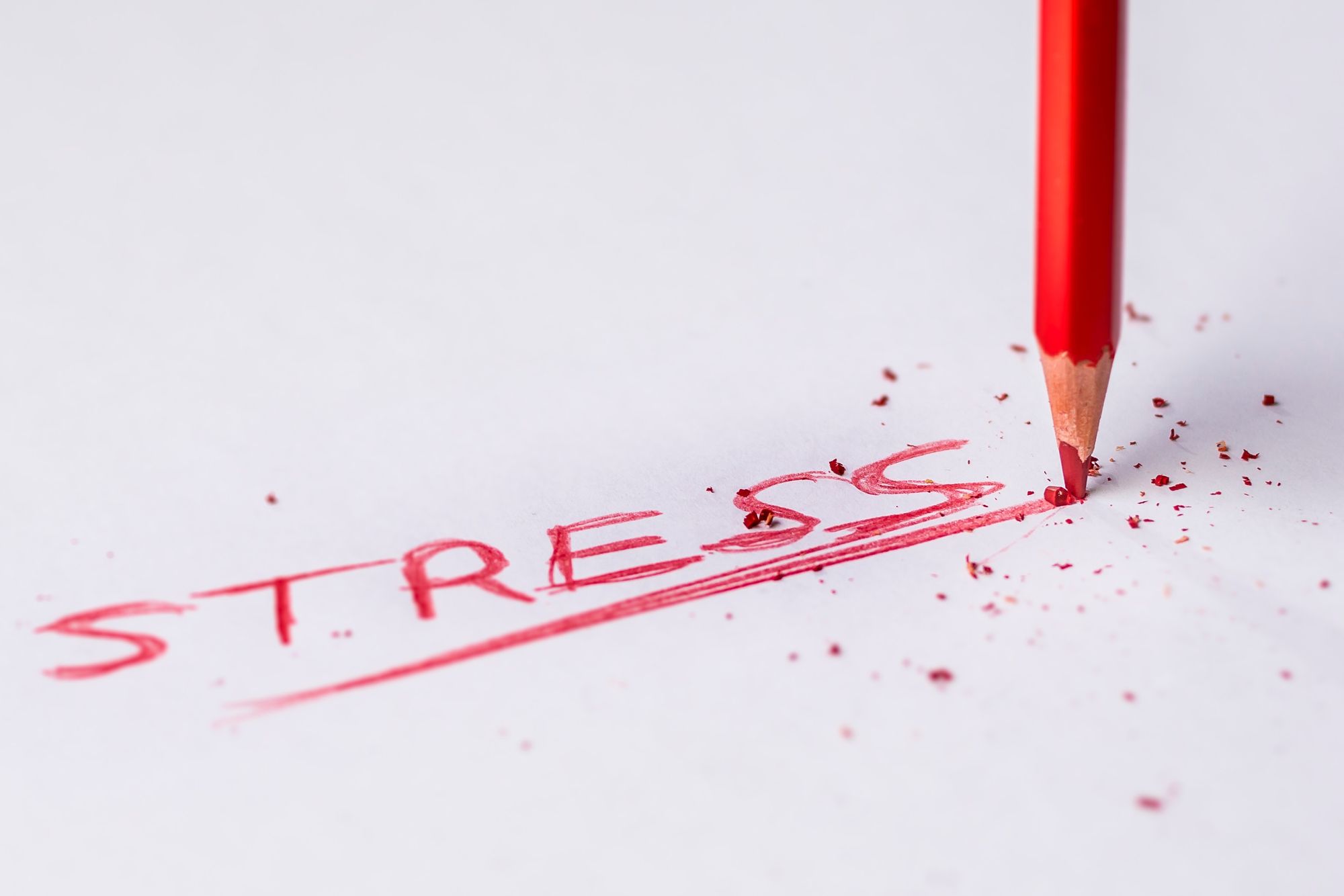The Function of Human Resource Management in Reducing Work Stress
Reading Time:
Reading Time:

Everyday life, especially adult life in the job, is inevitably stressful. But just because everyone experiences some level of stress doesn't mean we shouldn't try to reduce it.
Human resource professionals should aim to enable everyone to be their best selves at work while maintaining a balance that produces excellent outcomes, among other things. In light of this, we'll examine occupational stress's makeup and possible management strategies in the context of human resources. Let's get started straight now.
Any type of stress is defined by us as an unforeseen and unanticipated physical and neurological response to change. It may occur in practically any setting and under any set of circumstances. Pain brought on by our own thoughts is called stress.
When applied to the workplace, this is the tension that frequently occurs from a mismatch between the outcomes that are anticipated of employees and the outcomes they think they are capable of achieving.
A certain amount of anxiety is inevitable when a firm demands a lot of its employees, as is the case in many high-value and stressful industries. Other elements at play in this situation include ambiguous professional duties and objectives, as well as various forms of bullying or harassment.
We will discuss several strategies that human resources departments may use to lower stress levels and address some of the issues at work head-on.
Human resource managers may assist their staff members by making everyday scheduling easier. For instance, enabling more flexible work schedules and arrangements is certain to aid employees in feeling less strain at work.
Many times, people are able to work from home without discomfort and often end up being more productive than they would be at an office. Their work environment will be considerably less stressful if human resources allow them to work remotely at least occasionally.
The ability of human resources departments to bridge the gap between stressed-out lower-level employees and their higher-level supervisors is one of their most crucial functions. The HR division is responsible for managing both short-term and long-term stress indicators.
HR departments that are well-prepared examine all of the various stresses present in their particular workplace and work with the right management to eliminate as many of them as they can. This can only be accomplished with a lot of planning and preparation, as well as significant employee input.
Every workplace has its own regulations pertaining to health and safety at work. Unfortunatelly, some of these policies could stress out the workers in a negative way. Because of this, HR managers have a duty to regularly assess the policies in place and, if necessary, update or eliminate them. Human resources have a significant role in lowering workplace stress in terms of stress management.
The uncertainty of whether injured workers would obtain adequate compensation frequently hangs over their heads in environments where accidents are common. Managers of human resources must make it easier for workers to obtain and claim their legitimate salary for this reason.
As you can see, controlling and minimizing employee stress, both internal and external, is a critical responsibility of the human resources department in every organization. However, if the HR department and its managers are unaware that this is a continuous process and a component of their job description, nothing like this happens. That is why it is crucial to spread knowledge of the risks that job stress poses.
Looking for a HR management software? Try IceHrm, a promising digital HR platform.